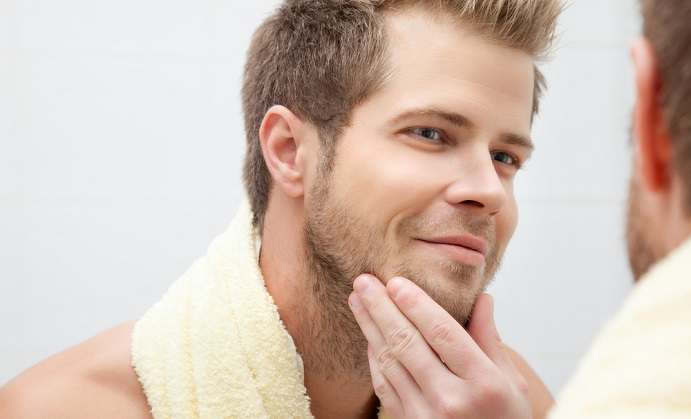Introduction
The western world has been slow to embrace Chinese medicine, but within the last decade or two even pillars of the “modern” medical community have begun to see its benefits. Traditional treatments such as acupuncture, acupressure, and more, have not only made their way into acceptance – western medical doctors and even insurance providers have begun prescribing and covering these types of treatments. While no type of medicine can altogether change the genetics that contribute to male pattern baldness, Chinese medicine has a remarkable record in assisting with hair loss influenced by other factors. Vitamin deficiencies, hormonal imbalances, poor circulation, and poor nutrition all exacerbate hair loss, and traditional Chinese medicine offers supplemental solutions.
Methodology
In regard to hair loss, traditional Chinese medicine focuses primarily on increasing the quality of a person’s blood as well as increasing its actual circulation to the hair follicles in the scalp. Prescribed treatments may last up to a year, and thus one of the most important keys to successfully combating hair loss is catching it early.
The essentials
 The absolute best herbal remedy in Chinese medicine for hair loss is called Fo-Ti. It’s also known by its Latin name, Polygonum Multiflorum, as well as another Chinese moniker, He Shou Wu. In addition to being a centuries-old, proven solution to hair loss, Fo-Ti is successful at restoring graying hair follicles to their original color.
The absolute best herbal remedy in Chinese medicine for hair loss is called Fo-Ti. It’s also known by its Latin name, Polygonum Multiflorum, as well as another Chinese moniker, He Shou Wu. In addition to being a centuries-old, proven solution to hair loss, Fo-Ti is successful at restoring graying hair follicles to their original color.
For mushroom lovers, another proven effective remedy is consumption of Ganoderma lucidum, also called the Reishi mushroom. This natural treatment encourages health in the kidneys, thus increasing blood flow to the rest of the body.
Since Ganoderma lucidum focuses on the kidneys, it is also used to treat immune deficiencies. Its overwhelming success has led to its nickname being the “mushroom of immortality.”
Another kidney focused herbal treatment is Nu Shen Zi, also known as Lugstrum lucidum. Nu Shen Zi also extends health benefits to the liver and is purported to extend life overall..
 Since seeking a cure for hair loss is part of a greater quest for physical attractiveness, it stands to reason that one popular and effective Chinese treatment for baldness is also used to enhance general beauty. Wu Wei Zin, or Schisandra chinensis, is probably the most common tonic used for beauty as well as baldness in China.
Since seeking a cure for hair loss is part of a greater quest for physical attractiveness, it stands to reason that one popular and effective Chinese treatment for baldness is also used to enhance general beauty. Wu Wei Zin, or Schisandra chinensis, is probably the most common tonic used for beauty as well as baldness in China.
The above essentials are only the beginning; a variety of well-regarded Chinese herbs can be combined to help stop hair loss, as well. Certain types of seaweed, along with stinging nettles, Rehmannia glutinosa, Angelica sinensis, Eclipta prostratea, Sesame indicum, and Salvia miltiorrhiza are the most prominent.
Ultimately, though, even when you’re familiar with the names of these products, a health food store is probably not your best bet. Because herbal treatments do not come under the same scrutiny as modern prescriptions, it is even more imperative that you seek advice and guidance from an experienced, educated practitioner of Chinese medicine. Specifically Chinese apothecaries are the best place to seek out a practitioner if you’re not already connected with someone, and they also often provide the best and most accurately labeled herbal supplies for treating hair loss.
Do you want to find an effective Digestion treatment? Check out our top rated Digestion products











